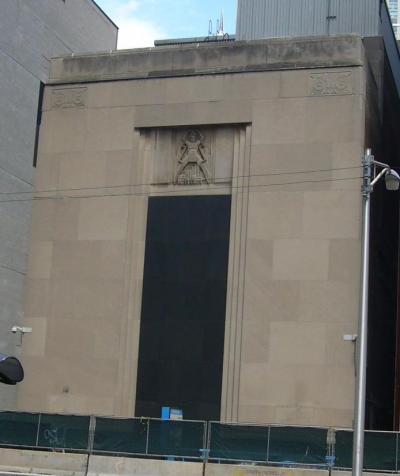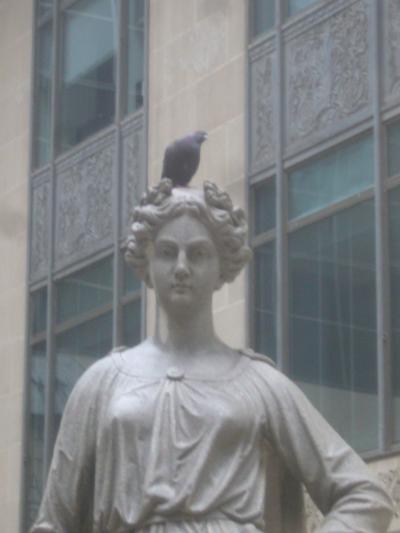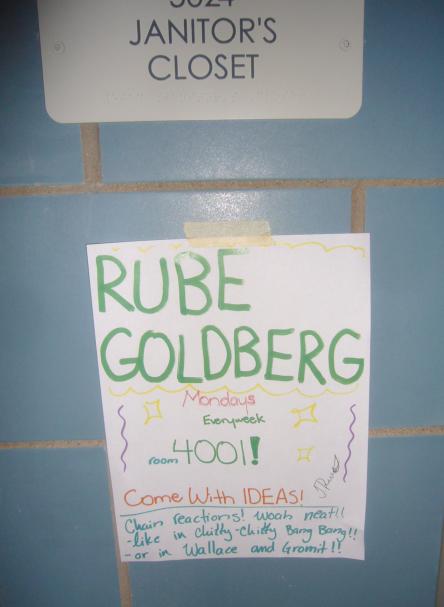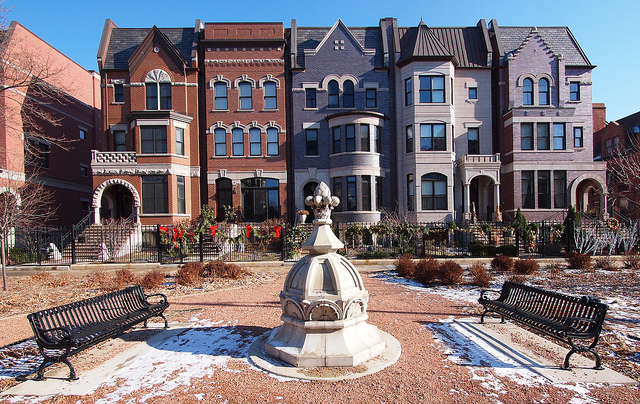Since earliest civilizations, humans have recognized that food is a product of farmland (and, yes, pastureland, fisheries, etc) and have managed to cultivate enough land to feed themselves. Yet today we routinely convert farmland to urban use. American Farmland Trust (AFT) seek to ensure continued agricultural use of some land by buying development rights from farmers, and try to make farms more viable by facilitating community supported agriculture. The geoist fiscal reform provides an alternative way to encourage more conservative and productive use of all land. With additional material from YES! magazine about the slow food revolution, this presentation by HGS instructor Bob Jene suggests that an alliance between AFT and geoists might benefit both.
Guided by HGS instructor Bob Jene, this tour starts with a look at the City of Chicago amenities on the lakefront in Grant Park, and their effect on land values in neighboring private properties especially along Prairie and Indiana Avenues south of Roosevelt. This is the museum campus area with a mixed style of housing. We continue down to the Central Station Area where there are some vintage mansions on Prairie Avenue. We will stop to look at assessor’s data on the value of units, properties and parking spaces and how they relate to location.

Originating as a field trip for students completing our Progress & Poverty course, this stroll thru downtown Chicago examines some of the ways that average people, and the community as a whole, are deprived of their just earnings. Among other things we’ll see who benefits from the expensive infrastructure and “economic development” projects, how Thomas Jefferson wanted Chicago to fund its public schools, what happens when a well-located building burns down, and how land speculators get productive workers to pay their taxes. Expect to walk about 2 km, maybe we’ll stop for snacks (individual settlement) along the way.
A $10 donation is requested from those who are not recent or current HGS students or donors, but nobody will be excluded due to lack of funds. You can make your donation by credit card here, or bring cash or a check.
Bob Jene will examine the American Monetary Institute’s American Monetary Act, a proposed amendment to the Constitution, and compare it with Henry George’s ideas on money. Steve Zarlenga’s speech in which he shows George’s ideas on money coincide with AMI’s will also be examined and discussed. It will boil down to which is more important, Henry George’s proposed fiscal reform or Zarlenga’s monetary reform.
An evening with Bob Jene to compare the Georgist fiscal reform to the TARP bailout, “Fair Tax,” Flat Tax, Bush tax cuts and government money creation. A gist of each proposed or attempted solution to the “great recession” will be given including QE I, QE II and QE III. Attendees will rank the proposed remedies on a scale of 1 to 10 based on 8 criteria.
Political Economy Book Club discusses Uncle Tom’s Cabin, “the book that inspired the abolitionist movement.” It may have been based on the real-life slave Josiah Henson, who escaped slavery and started the community Dawn in Canada which became a destination of many slaves on the underground railroad. The event is free and everyone is welcome, but RSVP is requested to 312 450 2906 or rjmatter@gmail.com.

Originating as a field trip for students completing our Progress & Poverty course, this stroll thru downtown Chicago examines some of the ways that average people, and the community as a whole, are deprived of their just earnings. Among other things we’ll see who benefits from the expensive infrastructure and “economic development” projects, how Thomas Jefferson wanted Chicago to fund its public schools, what happens when a well-located building burns down, and how land speculators get their taxes paid by productive workers. Hardcopy sourced notes will be provided. Expect to walk about 2 km; maybe we’ll stop for snacks (individual settlement) along the way.
A $10 donation is requested from those who are not recent or current HGS students or donors, but nobody will be excluded due to lack of funds. If you have a paypal account, you can make your donation by credit card using the link below, or better yet bring cash or a check.
This is a special presentation for students at DePaul, Loyola, and Dominican Universities. If you meet this requirement and you’re interested in solving the problem of poverty, you’ll get $20 (or a free course voucher if you prefer) by attending this program. RSVP is essential. Others may attend on space-available basis.

Would Rube Goldberg have been able to design a less straightforward system of funding government than the U S Federal income tax? In this presentation, HGS instructor Bob Jene looks at what it costs to collect this revenue. The direct cost to the government of operating the Internal Revenue Service is only a small part, as the burden put on the taxpayer, and the diversion of effort from productive uses, should also be considered.

Bring your own bicycle (or rent a “shared” one from Divvy) and join HGS Instructor Bob Jene for a leisurely roll thru the near south area, including Grant Park, Museum Campus, Central Station, Prairie Avenue, and South Michigan Avenue. Taxpayers spent hundreds of millions for infrastructure and amenities serving these areas, resulting in redevelopment but also higher costs for housing, commercial and even parking spaces. Bob will discuss these effects, who benefits and who pays, and how equity might be improved.
